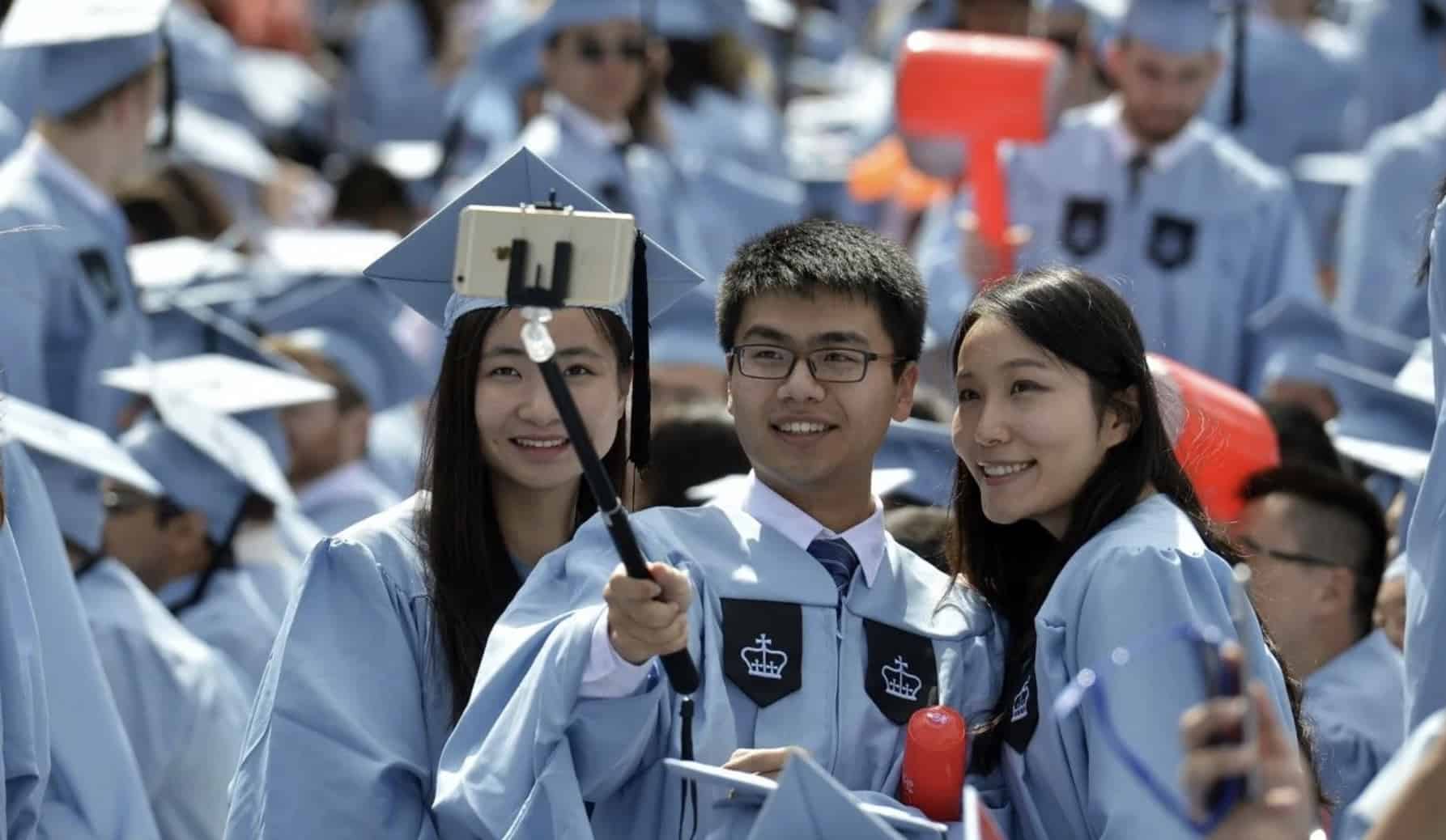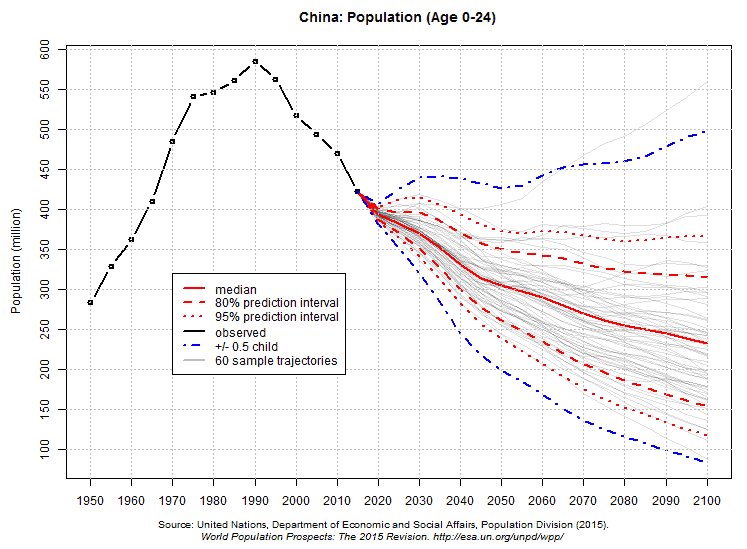The oversea Chinese Student Market: a golden mine for Education Companies in 2023
After the Chinese government reopened the country’s borders after nearly three years of closure owing to COVID safeguards, there has been a rapid rise in the demand for study abroad in China. Chinese students have so far shown a particular interest in studying abroad in Australia, the UK, and Canada.

In order to determine which destinations are most likely to profit from the growing Chinese outbound, Sinorbis, a top provider of marketing technologies for higher education, combed data from important Chinese search engines. The business contrasted the volume of searches for international studies in the 30 days before the border’s reopening with the same search criteria in the same time frame the year prior. Sinorbis discovered:
81% more inquiries about Canada
For the UK, 138% more
More for Australia by 158%
CHINESE STUDENT MARKET: THE CHINESE STORM ON THE WEST
There are still more and more Chinese students willing to study abroad. According to a report published by the Higher Education Funding Council for England, there are almost as many Chinese students as UK students entering full-time taught master’s programs.
Expert Tips: How to attract Chinese students (and their parents) with Digital?
1. Develop a Chinese website
2. Rank it higher behind the Great Firewall on Baidu
3. Create Official accounts on WeChat and Weibo
4. Build up your Chinese official accounts: the content focus is on education opportunities, studying facilities, and your students’ success stories
5. Make Press Releases on Chinese media portals, like Sina
6. Don’t forget to retarget your Chinese leads on WeChat
This has been a welcome source of income for many Western universities, but it has made them more vulnerable to a potential slowdown of the conveyor belt. Three reasons for this potentiality would be an ageing Chinese population, a slowing Chinese economy and a fiercer oppressive political environment which sees Western education as a threat.

Only demography can be more easily predicted: according to the United Nations Population Division, the 18-23 years old segment of the Chinese population is likely to decrease by more than a fifth in the coming years. It should then stabilize until 2040 and decline again by another fifth by 2050.
“With further development of China’s economy and also with the societal value system of China – families have always attached huge importance to…education – the family will do everything to help and encourage their kids to pursue studies, not only in China but also abroad,” said Shen Yang, minister counsellor for education at the Chinese Embassy in London. Despite of the possible decline of the Chinese population, the number of Chinese students abroad shouldn’t be impacted. Why? The rising wealth will lead more and more families to send their children to study abroad. Shen Yang’s considerations have been confirmed with the UN statistics which show that from 2010 to 2015, the Chinese population aged 18 to 23 has already dropped by a quarter and yet the number of overseas Chinese students doubled in the same period.
Although Chinese economic growth has been slowing down since 2019, the Chinese government has decided to redistribute more wealth to the population, which means that Chinese households may have more to spend and this results in Shen Yang the ultimate consumer purchase in China: education.
Chinese invest in the Education of their Child!
Andrew Scott Conning, a doctoral candidate at Harvard’s Graduate School of Education and author of the Observatory on Borderless Higher Education report, adds that paradoxically if the economy is unstable, Chinese families will see a greater incentive in sending their children to study abroad, where there are likely more opportunities.
The problem with the Chinese Education system
A complicating factor for Chinese families is the instability of China’s currency. The real take-off of the Chinese students sent to the UK didn’t begin until the big reduction in the value of the sterling after the financial crisis. However, a yuan devaluation occurred last August, making foreign studies more expensive for Chinese families. Thus, sending their children abroad can be a risky bet that takes time to be profitable.
Matt Durnin, head of research in China for the British Council, considers that the need to go overseas could be reduced if there were better domestic institutions which appears to be the case if we look at China’s university ranking, where there are more and more Chinese universities.

However, with the massive expansion in university places during the 2000s, the earnings premium for domestic graduates has been decreasing: those entering the labour market in 2008 earned 27 per cent less than those in 2002. Many of the graduated students are then led to taking jobs that are accessible with only a secondary school education, no matter whether they stay abroad or return to China. The average starting salary for a foreign bachelor’s degree in 2023 is about 9,000 yuan (1200$) a month when back in China, which still represents double the number of Chinese graduates. So even if foreign diplomas are very valued by Chinese families, they need to be recognized at the same value by companies.
Education Marketing : How to attract Chinese students
From a political point of view, even if sending children to study abroad isn’t prohibited, the Chinese government tries to reduce the Western impacts on the Chinese political system, since returning students are politically more neutral and claim more and more Western values.
For now, there are no strategies for foreign universities to limit any shock in the Chinese market, but what they can do is make themselves more attractive to Chinese students. Chinese students overseas often face problems such as a lack of social integration, poor English, weak critical thinking and a tendency to produce poorly referenced essays. However, because of the revenues Chinese students generate from foreign universities, they began to introduce some package applications to ease their admissions despite some lack of competencies. Consequently, not only do they arrive in the West with a lack of English, but also with totally different cultural assumptions and communication mindsets. Thus, they don’t receive consistent support and they naturally stick together. This a crucial point foreign universities need to improve and randomising where students stay in their first year is the solution Pennsylvania’s universities found a solution.
Study Abroad is a Great Asset
No matter the good elements and the bad points for Chinese children to study or not abroad, if they decide to do so, they need a great sense of adaptation to come out of their shells.
Do you need help attracting Chinese students?
We are Experts in Chinese Education Marketing!












In 2020, hundreds of thousands of Chinese oversea students enrolled in universities outside of Chine to study .
in 2021, many countries explnaed that they will allow overseas students to return.
But Beijing is still following a covid policy aimed at keeping cases as close to zero
great post! Shedding more light on this issue will really help its cause